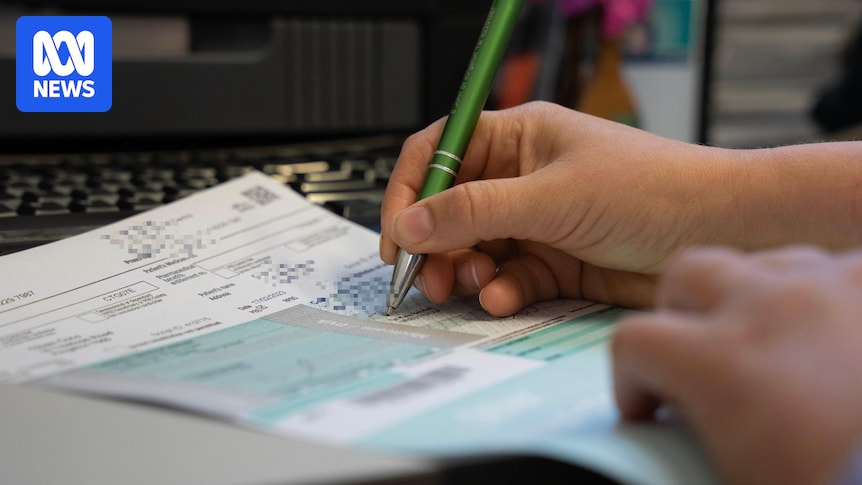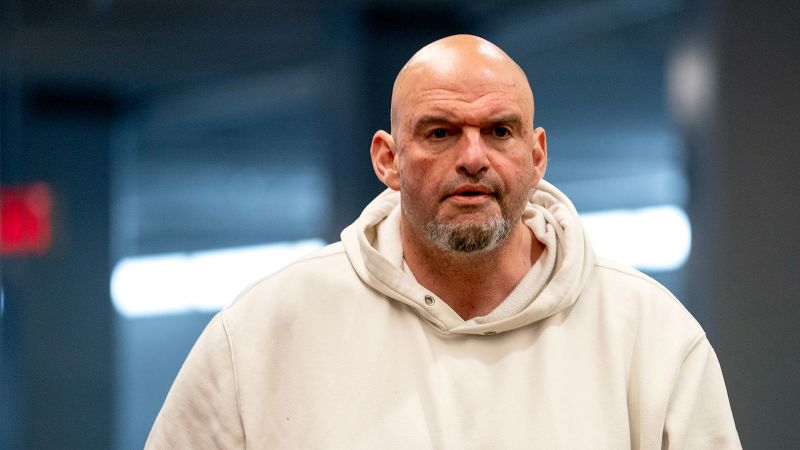West Australian doctors say they’re worried about new laws that put the burden on them to assess if someone is fit to hold a firearm licence, their peak body says.
The WA government has introduced the sweeping new laws in the wake of the high-profile murders of Jennifer Petelczyc and her 18-year-old daughter Gretl.
But a recent poll of doctors by the Royal Australian College of GPs (RACGP) found 80 per cent said “no” when asked whether they’d be willing to provide a firearms health assessment for their patients.
Dr Mariam Bahamia, deputy chair of the RACGP in WA said its members held many concerns about the fitness tests.
“The RACGP supports measures that reduce the potential for firearms harms,” Dr Bahamia told ABC Radio Perth.
“But there are some medical, legal and professional obligations that are concerning many GPs.“
Risk to doctor-patient relationship
Dr Bahamia said for GPs in rural and remote areas, conducting fitness tests and in particular — refusing someone certification — could place them under pressure in a small community.
“These GPs live alongside their patients in the same community,” she said.
“We wouldn’t want any new laws having unintended consequences, such as straining community relationships or the therapeutic relationship that a GP has with their patients.
“And we worry also about any GPs who may face hostility from applicants, because they’re refusing to do the health assessment.“
Sweeping new firearm licencing laws in WA have took effect on March 31 and include a requirement for a health assessment from a GP. (ABC News: Sharon Kennedy)
She said doctors also have reservations about saying whether a person is suitable to possess a firearm for five years on the basis of one assessment.
“The question really broadly being asked is whether the individual has anything that could impact their ability to have the safe use and possession of a firearm, which could impact themselves or others.
“GPs have been reluctant to become proxy decision makers as to the eligibility to be granted a firearm authority.
“We are not the only decision makers when it comes to the new firearm authority laws, there are many, many different stages that applicants have to go through. But for us, this is new.”
Unlike drivers licence assessments, which mainly involve judging a patients’ physical and cognitive capacity, the firearms assessments require complex judgements about a patient’s mental health.
“With the firearm license, there’s a heavy emphasis on mental health and perhaps, substance abuse and history of violence or suicidal ideation and the cognitive stability of a patient.
“We have to have information about past psychiatric diagnoses and medications, and there’s a different complexity and professional judgement involved when issuing a firearm health authority.
“In a way we’re being asked to judge risk based sometimes on incomplete information.”
Dr Bahamia said the system was still in the first weeks of implementation and as time passes, the RACGP would get a clearer picture of what GPs are experiencing.
Police allay fears
Commander Lawrence Panaia from WA Police said doctors should not be concerned about being held responsible if someone misuses a firearm after passing a health assessment.
“We worked for about the last 18 months with the health department and the Royal College of GPs to get these health assessments,” Commander Panaia said.
“If that’s a service that a patient is asking them to provide, it’s their choice whether they do or don’t.
“But what they’ve also got to remember is that the commissioner of police is the final decision maker in granting someone a licence, not the medical profession.
“At the end of the day, they’re protected.”
Loading



